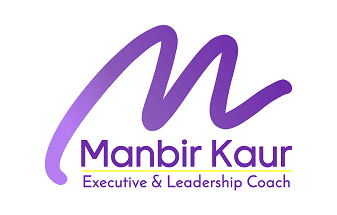
Many organizations have started realizing the value of Coaching and they use it for various purposes such as:
- Leadership Development
- Team Development
- Improving Collaboration
- Conflict Resolution etc.
Many of the organizations have also invested in training internal people to become coaches. There are a few formats that are used:
- Managers as Coaches: This is typically used to make managers better at working with the team and developing the team. This practice helps managers to understand the difference between telling their subordinates what to do vs helping their subordinates realise the right thing to do. This leads to better team performance and faster growth for team members.
- Leaders as Coaches: This could be an extension of “Mentoring”, where leaders use their experience to help build a leadership pipeline. They benefit from using a coaching style and developing the pipeline by posing the right questions rather than providing the solutions.
- HR / L&D as Coaches: This may be a dedicated coaching role, where internal coaches act as facilitators for one-on-one or group coaching sessions, for improving collaboration, resolving conflicts and sometimes helping people find their career path.
Sometimes the internal coaching works well, while other times it does not.
So, when does it work well?
- When people need small interventions and clarify some doubts: It is easy to access the internal people and they can probably relate to your problem well.
- When people need to make career choices: Right questions from HR or senior leaders can help dispel your doubts and send you up the right path
- When you are very clear about what your problem is: Internal folks can help you quickly if you know exactly what you are looking for.
And, when does it not work well?
- This is not the leaders full time job: They have other things to do, sometimes, well most of the times they do not have the patience to unravel the problem. They tend to be prescriptive, defeating the whole purpose of the engagement. This goes wrong when the actual problem does not get identified and a solution is forced upon the person seeking guidance.
- Internal leaders and HR may not be non-judgemental: It becomes difficult for internal coaches to be truly non-judgemental. E.g. In one of the cases I know, the internal coach was so concerned about the challenges the coachee was discussing that she labelled a few things as coachee’s weakness areas that may affect the team’s growth. Some of the opportunities were taken away from him at that point of time. The coaching may have unintended side effects.
- Confidentiality Breach: What you say to one person may find its way to others in the organization and can sometimes be a negative situation for the person seeking guidance.
- Senior people do have less time: The senior a leader seeking coaching, the limited the internal options for him/her. And he/she may not even get the quality time for coaching. So while on paper he/she may have a coach but in reality, well you can guess.
- Politically incorrect: Sometimes it may seem politically incorrect to talk about office issues with some one senior or from HR. External coaches is the only route in such cases.
In summary, internal coaches fit some specific scenarios and may need to be complemented by external coaches, especially for mid to senior management.

